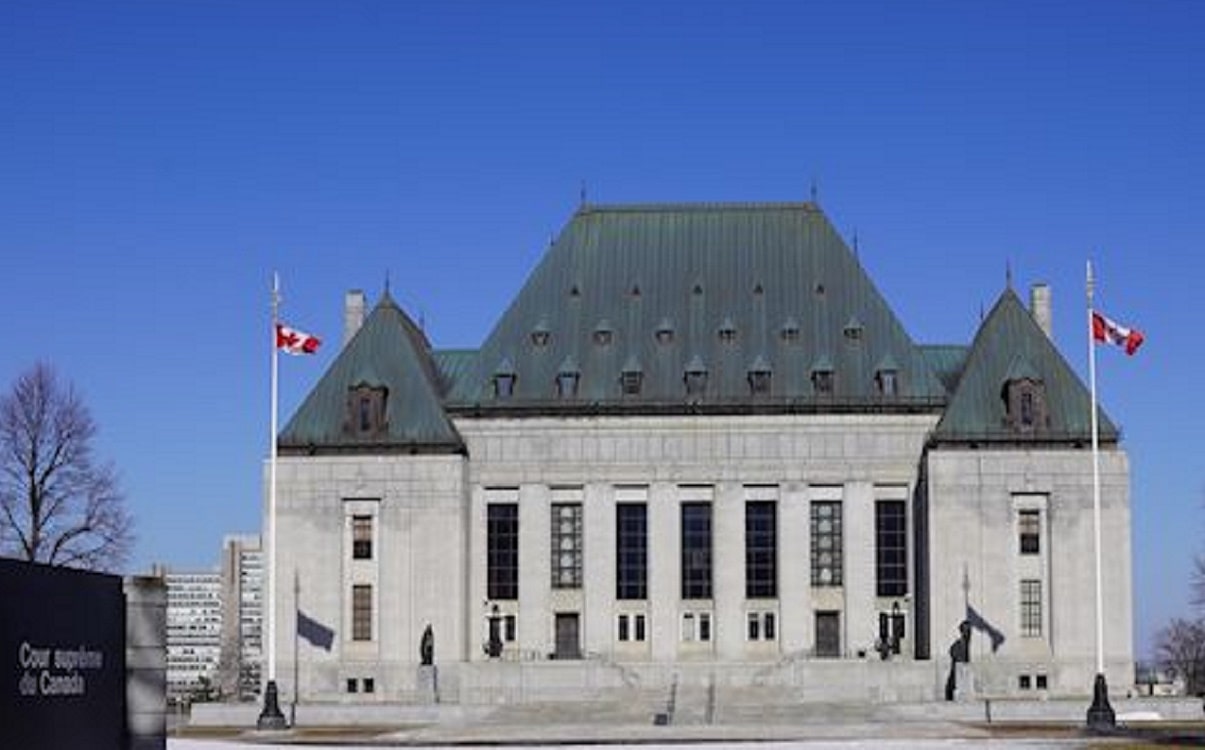Supreme Court Of Canada Rules Carbon Policy Is Within Federal Authority
- TDS News
- Breaking News
- March 26, 2021

The Supreme Court of Canada rules the federal carbon pricing law is constitutional
Briefing Below Prepared by The Supreme Court of Canada
TDS News – Parliament passed the Greenhouse Gas Pollution Pricing Act in 2018, based on the consensus that greenhouse gas emissions contribute to global climate change. Countries around the world committed to drastically reduce their greenhouse gas emissions under the 2015 Paris Agreement. In Canada, the federal government passed the Act to implement its commitments. Specifically, the law required provinces and territories to implement carbon gas pricing systems by January 1, 2019 or adopt one imposed by the federal government.
Chief Justice Richard Wagner wrote for the majority of the judges, which found the Act to be constitutional. They noted that global warming causes harm beyond provincial boundaries and that it is a matter of national concern under the “peace, order and good government” clause of the Constitution.
The majority noted the Act would only apply where provincial or territorial pricing systems are not strict enough to reduce global warming.

The majority noted that national concern is a well-established but rarely applied doctrine of Canadian constitutional law. The application of this doctrine is strictly limited in order to maintain the autonomy of the provinces and respect the diversity of confederation. However, the federal government has the authority to act in appropriate cases, where there is a matter of genuine national concern and where the recognition of that matter is consistent with the division of powers.
The Constitution divides federal and provincial powers. The majority of judges observed that Canada, which has a federal system of governance, requires a balance between federal and provincial powers. They recalled that this concept, known as federalism, is a foundational principle of Canada’s Constitution.
The majority noted that the term “carbon tax” is often used to describe the pricing of carbon emissions. However, they said this has nothing to do with the concept of taxation, as understood in the constitutional context. As such, they also concluded that the fuel and excess emission charges imposed by the Act were constitutionally valid regulatory charges and not taxes.

How did the case get to the Supreme Court?
Three provinces – Saskatchewan, Ontario and Alberta – challenged the constitutionality of the Act by referring the legislation to their respective courts of appeal. The courts of appeal for Saskatchewan and Ontario found the Act constitutional, while the Alberta Court of Appeal found it unconstitutional.
The question for the Supreme Court was whether the federal government had the authority to pass such a law that puts a price on carbon.
What were the main arguments?
The provinces said they had their own climate policies, tailored to their own circumstances. They also argued that they have jurisdiction over natural resources.
For its part, the federal government argued that it has the authority to address issues that are national in scope. It also maintained that the law was a backstop (or safety net) to ensure minimum carbon pricing standards across the country.
Climate change is real
The Supreme Court also pointed out that all of the parties agree that global climate change is real. It’s caused by greenhouse gas emissions resulting from human activities and it poses a grave threat to the future of humanity.
The full ruling by The Supreme Court of Canada can also be found at here.








